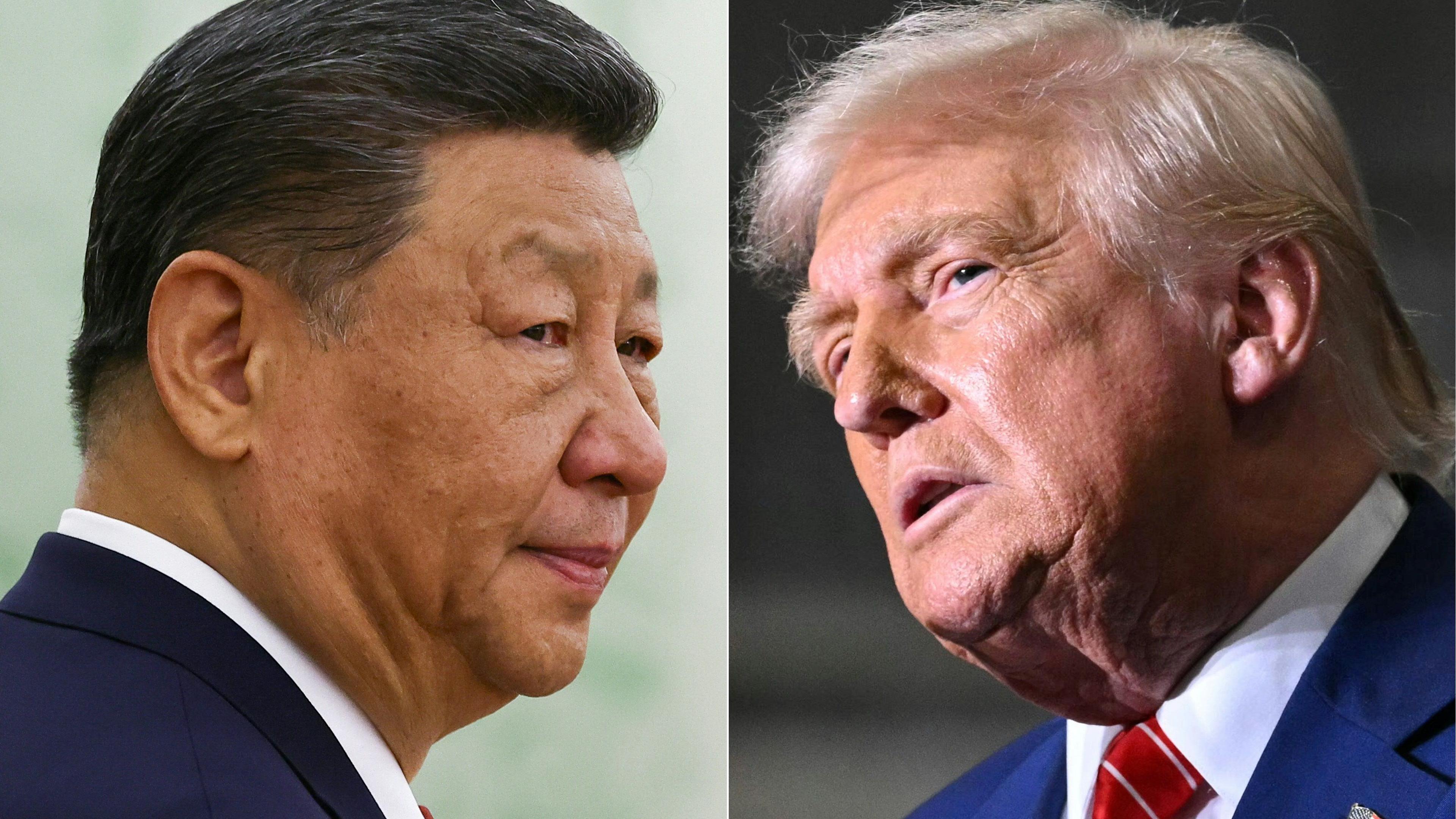« Doctors are forced to provide pretend care to those who want a referral »

The rapid emergence of private health insurance creates a parallel healthcare system in addition to what would be common to all citizens. But the parallel system is at the same time so intimidated in the public that we soon do not know where one begins and the other ends. And more than that: it would not do a day without the public, in which it feeds in every conceivable way.
Just take this that some insurance applies with referral requirements, that is, the insurance company only approves specialist care when there is a referral from public care. This means that many owners of private health insurance book times at health centers only to bring the referral, regardless of whether specialist care is medically justified or not.
Now you are wondering how the health centers’ specialists in general medicine can act so unprofessionally that they write referrals for no reason. I will soon explain that, but let me first note that this violates the whole idea of primary care as a first line’s healthcare where patients are piloted or not piloted on to other specialist care. The purpose of this control station is, among other things, to avoid rampant care costs as a result of interventions that are unnecessary and sometimes directly harmful.
Furthermore, 18 percent of doctors state that they are often or always met by unpleasant reactions such as aggression, threats or reprisals
But that is Not only Swedish general practitioners who fold down for the demanding policyholders. In one newly published study Nearly half of 1,309 general practitioners in Norway respond that they often or always find themselves pressured to refer patients with private health insurance to specialist care, although there are no medical reasons to do so. Furthermore, 18 percent of doctors state that they are often or always met with unpleasant reactions such as aggression, threats or reprisals if, for professional reasons, they refuse to obey the referral requirements that patients with private insurance impose.
Of the 1,309 Norwegian doctors, 93 percent stated that private health insurance increases the risk of waste of resources through over -treatment, while 90 percent considered that such insurance contributes to unequal health care.
Similar percentages are reported in a large Danish study And according to the one that I myself have begun, there seems to be no major difference in Sweden. Several of the doctors I have interviewed say that it is difficult to resist the demanding policyholders but also that the health centers want to avoid financial problems as a result of the risk that people will stop listing there.
« I’ll have a referral, they say, » says a doctor and operations manager at a Swedish health center. « Often they do not even want a survey, but for our own pride we usually do one. »
The unprofessional the actions of doctors, which breaks against The Medical Association’s ethical rules In a number of points, it can thus be partly explained by the fact that the general practitioners feel pressured or even threatened by policyholders. But the most important explanation is actually missed in the otherwise excellent Norwegian and Danish studies: it is about money!
The pretending care is a matter of kronor and the penny in such a way that the policyholder who does not receive the referral to specialist care may list at another health center, and tells family and friends to do the same. In the New Public Management care that we have created in the Nordic countries, health centers are revenue dependent, and the instructions from economic calculating business managers are probably the main explanation for general practitioners froming basic principles.
Is it reasonable for private insurance companies to get publicly funded general practitioners to perform a pretend work?
The importance of building out primary care has been emphasized in several state investigations lately. However, primary care tends to be undermined by policyholders’ norm -breaking behavior, the same policyholder who legitimizes their priority to care by speaking badly of public care they are so naughty. In the same vein, the position of the general practitioners is devalued by being regarded as rounding marks by these policyholders.
Today, we have plenty of policyholders who book times in public primary care, often without wanting to be investigated and with the only purpose of taking precedence over other citizens to a specialist care that in many cases they do not need. Does it seem wise to let organizations such as healthcare companies and Swedish insurance drive this development even longer? Is it reasonable for private insurance companies to get publicly funded general practitioners to perform a pretend work? We already know that the 800,000 policyholders are going on public health care in every way possible, but the question is whether this utilization is most remarkable of all.
Rhetoric is sometimes tough on privatization, but at the same time politicians are as scared as the general practitioners for the increasingly voter group of policyholders
At the same time We a health care law that says that care should be given as needed and on equal terms for all citizens. Thus, it is not only the erroneous effects of private health insurance that should cause politicians to take power, but it is also about ensuring that prevailing legislation is complied with.
There was a time when care, school and care were exempt from the logic of the market economy – some socialist islands in a capitalist sea. A party that founded much of its existence on this particular creation was the Social Democrats, and the model was also given the name « the social democratic » in the best known by different welfare categorizations.
Where do the Social Democrats stand today? Rhetoric is sometimes tough against privatization, but at the same time politicians are as scared as the general practitioners for the increasingly voter group of policyholders. Most of it therefore indicates that the congressional decisions they take this spring become as undisturbed and for no obligation as usual.







:format(webp)/s3/static.nrc.nl/wp-content/uploads/2025/06/05163439/data133217982-f902a2.jpg)
